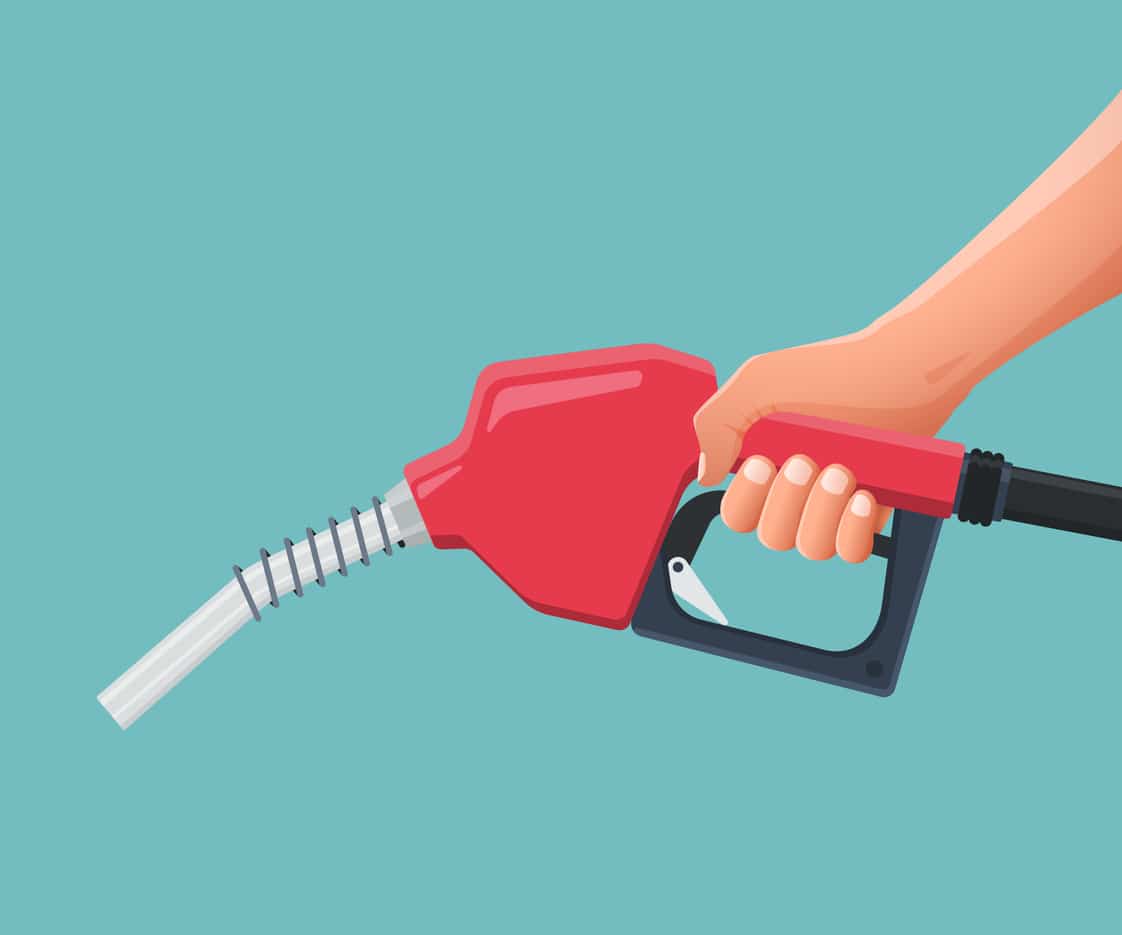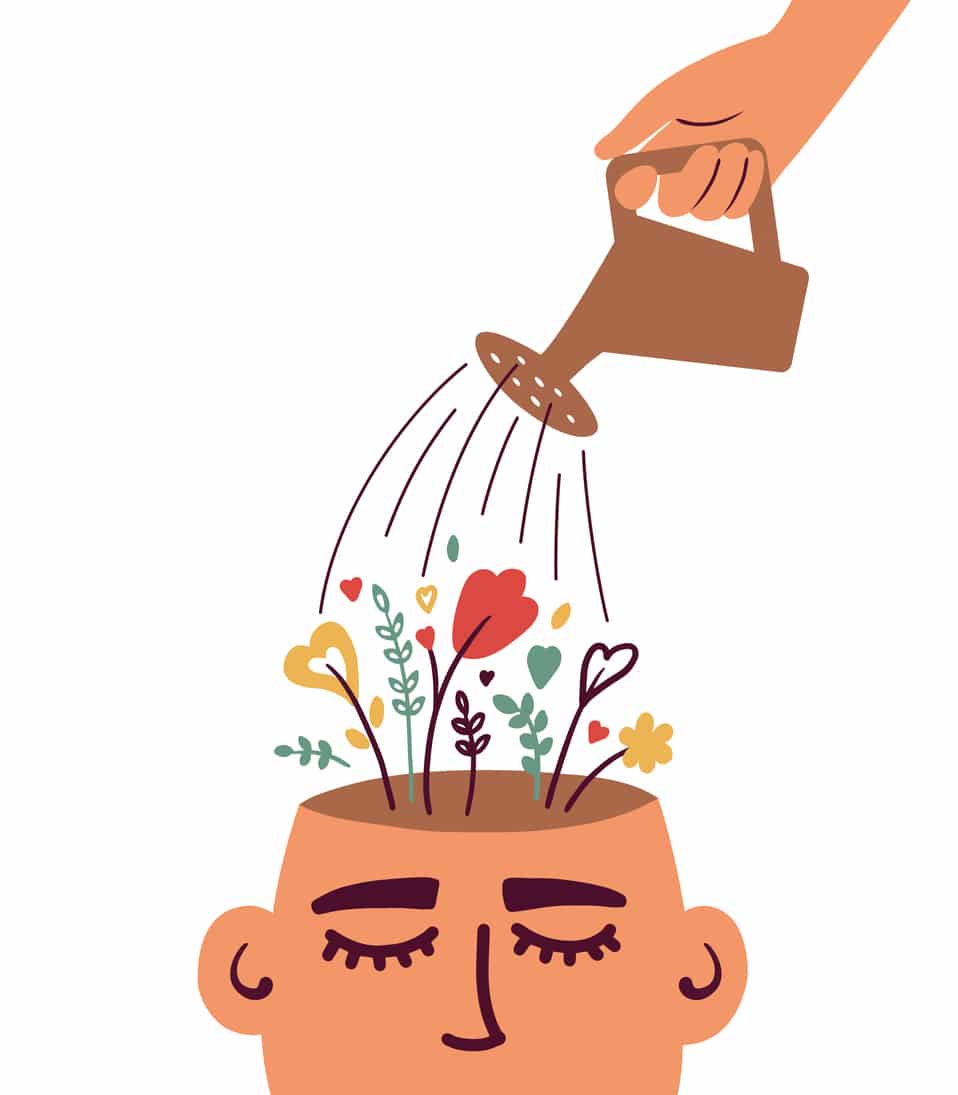Recharging for the New Year and Beyond: An Inner Energy Guide
Anna DeLong
LCSW, CEAP, Mindfulness Teacher

A long journey’s success will be impacted by how well you refuel along the way.
If you want to drive across the country in your car, there is no way to do this successfully without pausing to pull over and refuel. Monitoring the gas gauge and refueling periodically is essential. Neglect refueling and you end up stuck on the side of the road. It is an automotive necessity that a car requires refueling or recharging to sustain progress on the journey.

Can you imagine how your life might be different if you applied this same wisdom to your body? Imagine having an Inner Energy Gauge that monitors not just your physical energy level, but also your emotional energy and your cognitive energy. How might your life be different if you vowed to never go below ¼ tank without refueling? If you were to check your own Inner Energy Gauge right now, what would you discover? Are you running low? Do you know how to refuel? Do you know what most effectively refuels and restores you? Do you know your own early warning signs when your fuel is low?
There is no doubt that the pandemic has allowed our own inner energy gauges to drop significantly. The world has been turned upside down in many ways, and educators have had to adapt to this significant change in how we teach students in the middle of a pandemic. Many of you have noted in the VKRP surveys over the past two years how very difficult it has been for you to maintain a work-life balance and meet everyday expectations in a VERY different and stressful time. You’ve been asked to change the way you teach on a moment’s notice, and that alone can drain your energy significantly. Just like cars need to be kept at peak performance, we do also! We need to not only be aware when we are running on empty but also how to get the fuel gauge back up so that it reads full!

Regaining Perspective
Over the past 25 years, I have asked these questions of thousands of dedicated, hard-working health care providers but the same answers most likely apply to educators today. Not only did they indicate more often than not they were low on energy, but many also reported they didn’t know how to refuel or couldn’t remember how they used to do so. I don’t believe this is a coincidence. Instead of self-monitoring and honoring one’s own needs, it is common to click into high gear and stay there intending to just “push through” in order to bring a mission to fruition. We often walk around with this unconscious assumption that we will somehow automatically just get what we need for ourselves, even as we attend to everyone else’s needs and neglect our own in the process. This is a problematic and errant assumption. It is imperative that we systematically, intentionally, and consciously plan to attend to our own needs along the way.
One of the most debilitating symptoms of energy depletion is loss of overall perspective. Diminished frustration tolerance, lack of empathy, foggy thinking, poor memory, and difficulties problem solving are also signs of a depleted energy tank. If you find yourself taking on some of these characteristics, remember this is not an indication of a flaw but rather this is a sign of simply a person with depleted energy. The best way to rectify this? Assess your inner energy gauge, treat yourself with grace and self-compassion, and come up with a plan to refuel.

If the goal is to live and work in a healthy and sustainable way, learning to not only recognize signs you are running low on energy but also to respond in ways that effectively nourish and restore you is essential. Rather than just assume or hope you will get what you need, it is WISE to STRATEGIZE. Make yourself a priority too! One easy way to do this is to look over your calendar to schedule and protect time for refueling at strategic intervals. By taking care of yourself, this allows you to be able to take care of others and work at peak performance. So take the time to refuel your inner gauge!
More questions? VKRP provides support via the online chat feature when you are in the system, via email vkrp@virginia.edu, and via toll free 866-301-8278 ext. 1